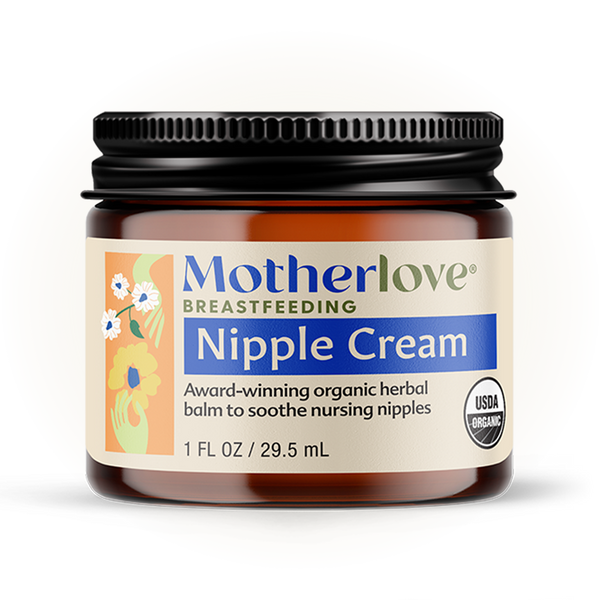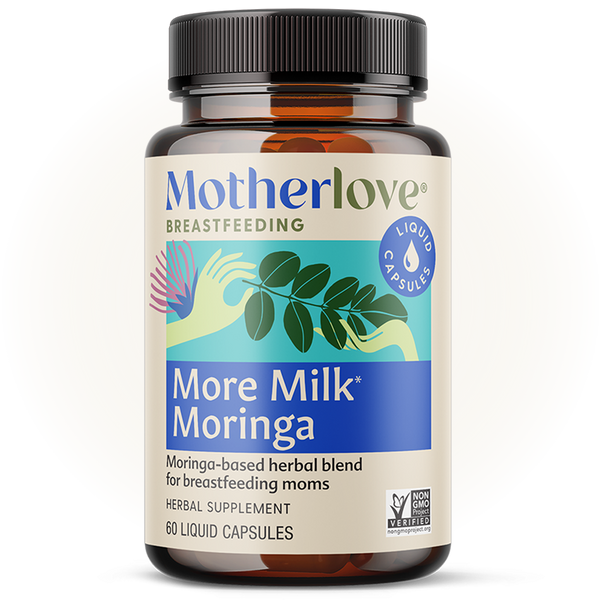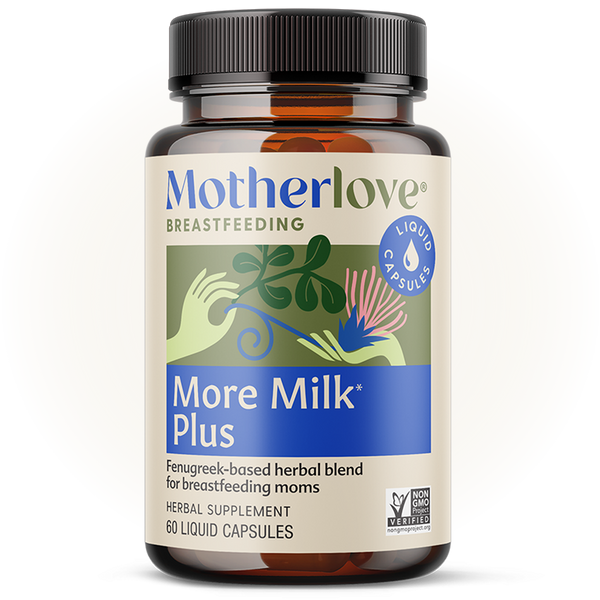Witten by Wendy, IBCLC.
These days, there’s pretty much an app for everything, including breastfeeding. In fact, there are so many breastfeeding and infant feeding apps out there that you might feel like you are required to use one, even if you aren’t sure if you want to. These apps track everything from feedings, ounces pumped, sleep, diaper output, growth records and more. The question is: Are these apps necessary? And most importantly, are they helpful?
DO YOU NEED TO USE A BREASTFEEDING APP?
First and foremost, there is no requirement that you use a breastfeeding app or any other kind of infant-tracking app. People have breastfed babies for millions of years without apps. Just because your best friend found a specific app super helpful doesn’t mean that you will or that you should use it. Likewise, if you had a friend who had a terrible experience using an app, that doesn’t mean you won’t find it beneficial.
Whether or not you need a breastfeeding app really depends on your personality, the particular challenges you are having, and the app itself.
THE PROS AND CONS OF BREASTFEEDING APPS
Like everything else, breastfeeding apps have their pros and cons, and whether they are a good idea or not really depends on each parent. Here are some pros and cons to consider when it comes to breastfeeding apps.
PROS
- Apps can be comforting in terms of showing you that you are feeding frequently enough or that you are pumping enough milk.
- Apps that are evidence-based can be a good source of information and can answer some of your middle-of-the-night feeding questions.
- Apps may be a good choice for people who enjoy tracking and find seeing data about health and wellness reassuring.
- Apps can be helpful in the early days of breastfeeding when you are learning what your baby’s feeding rhythms look like and when you are adjusting to a breastfeeding schedule.
CONS
- Breastfeeding apps are not all the same, and many are not based on evidence-based breastfeeding information.
- Breastfeeding apps may give out false or misleading medical information.
- Some people find that tracking their feedings only increases anxiety or exacerbates mental health conditions.
- Breastfeeding should be on demand, and you should feed your baby based on their feeding cues; data trackers may cause you to look at the app on your phone rather than tune into your baby’s cues and needs.
WHAT THE RESEARCH SAYS
Unfortunately, at this time, there’s not much robust research on the usefulness or effectiveness of breastfeeding apps.
For instance, a small 2019 study out of Australia and published in Sage Journal looked at nine breastfeeding parents who used a breastfeeding app. The study found mixed reactions among the parents. Some parents found that tracking their baby’s feeding and growth improved their confidence and feelings of self-assurance. Others felt that using the app increased their anxiety. Some participants also felt some trepidation about whether the app they were using was reliable or could be trusted.
A 2021 study published in Breastfeeding Medicine considered whether using apps could improve breastfeeding outcomes, noting that previous studies have found mixed results. This particular study looked at a group of first-time low-income breastfeeding parents and whether high-frequency use of breastfeeding apps would increase breastfeeding rates. The study found that high-frequency use of breastfeeding apps failed to increase breastfeeding rates more than lower-frequency use of breastfeeding apps.
Finally, a 2023 study published in Behavioral Sciences had some concerning results regarding mental health. They found that parents who used breastfeeding apps “intensely” were more likely to develop psychopathological symptoms, including increased risk of obsessive-compulsive symptoms, depressive symptoms, and anxiety issues.
SHOULD YOU USE A DATA TRACKER?
Whether or not you end up using a data tracker is really up to you. A lot of it depends on your personality. If you are someone who tends to become “obsessive” about data or tends toward anxiety, data trackers may not be the best choice for you. But if you are someone who finds looking at data reassuring, data trackers may be a good choice.
If you end up using data trackers, definitely take care not to fall into the trap of overreliance. Remember, babies don’t have clocks in their bodies, and feedings happen for babies on instinct. The best way to feed a baby is on demand, which may end up looking like very frequent feeding in the early days of feeding on an erratic schedule, with some feeds clustered together in chunks (i.e., cluster feeding). Some breastfeeding apps don’t take these sorts of situations into account.
It’s also vital to keep in mind that apps should never be a substitute for medical advice or help from lactation professionals. This is especially true if you are dealing with a breastfeeding challenge, such as a baby who isn’t latching, serious nipple pain, or milk supply issues. Don’t rely on apps to fix these problems; help from professionals is where it’s at.
Finally, keep in mind that, like with everything having to do with infant feeding, it’s not all or nothing. You don’t have to use an app at all, but if you use one, you can do so for a week or two or on a longer-term basis. Never feel like you must continue using the app unless it’s working for you.
*This is not intended to be medical advice. Please consult with your healthcare provider.







